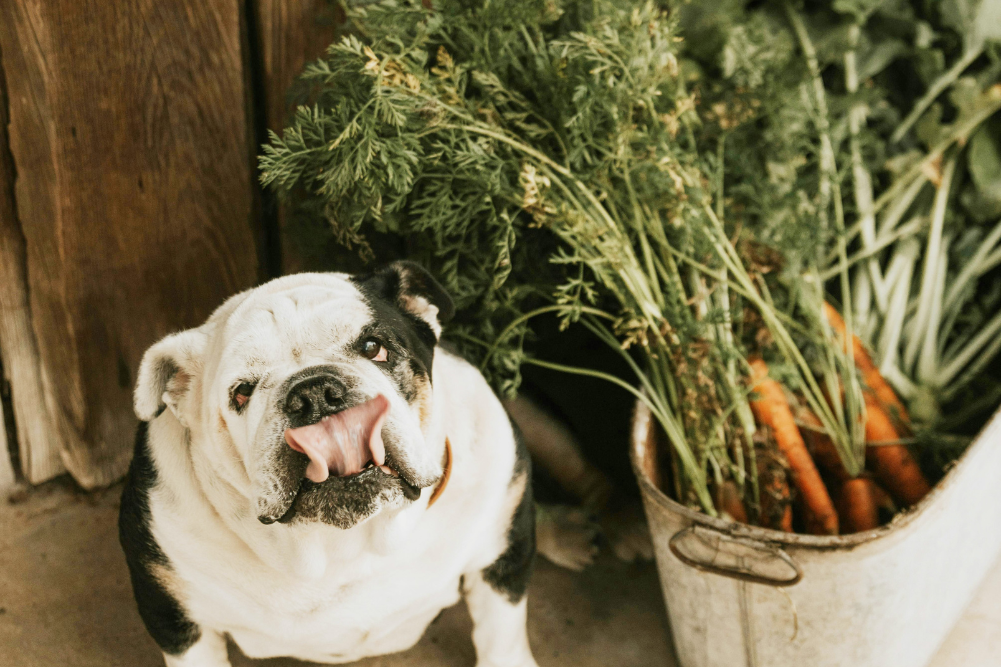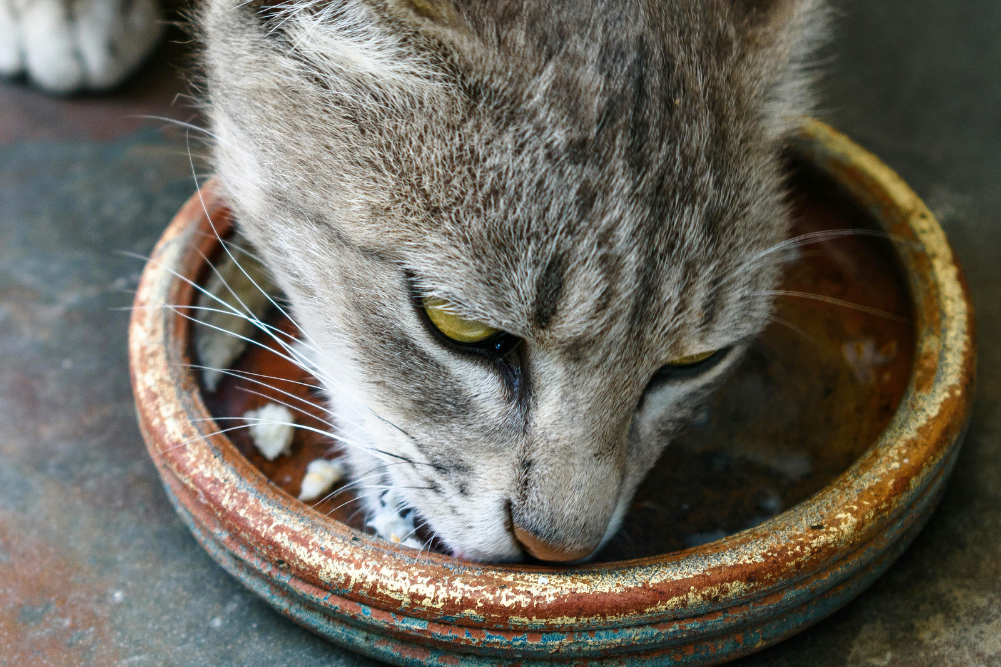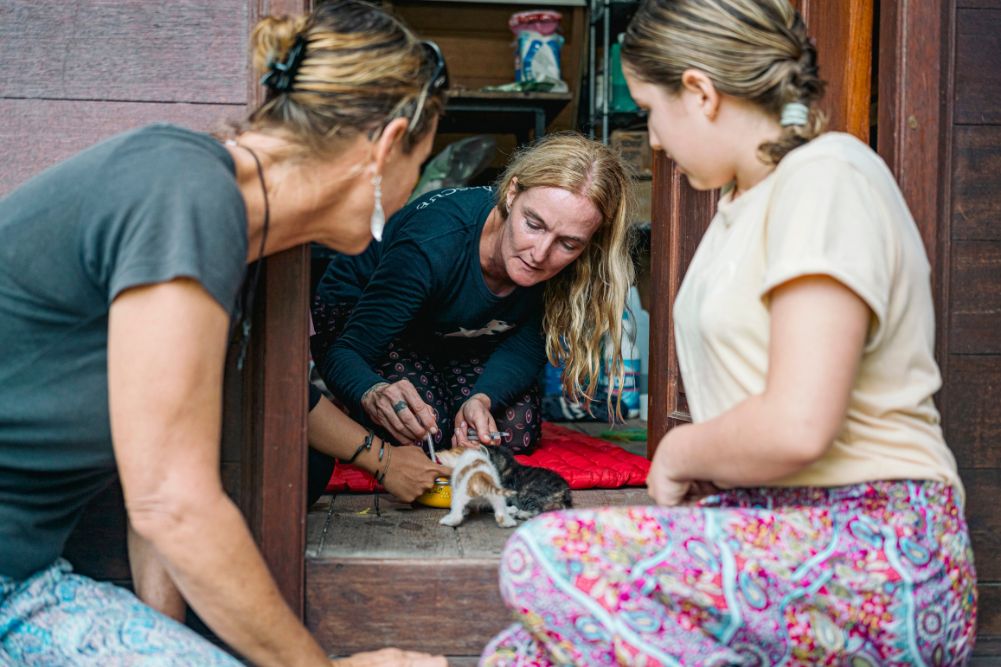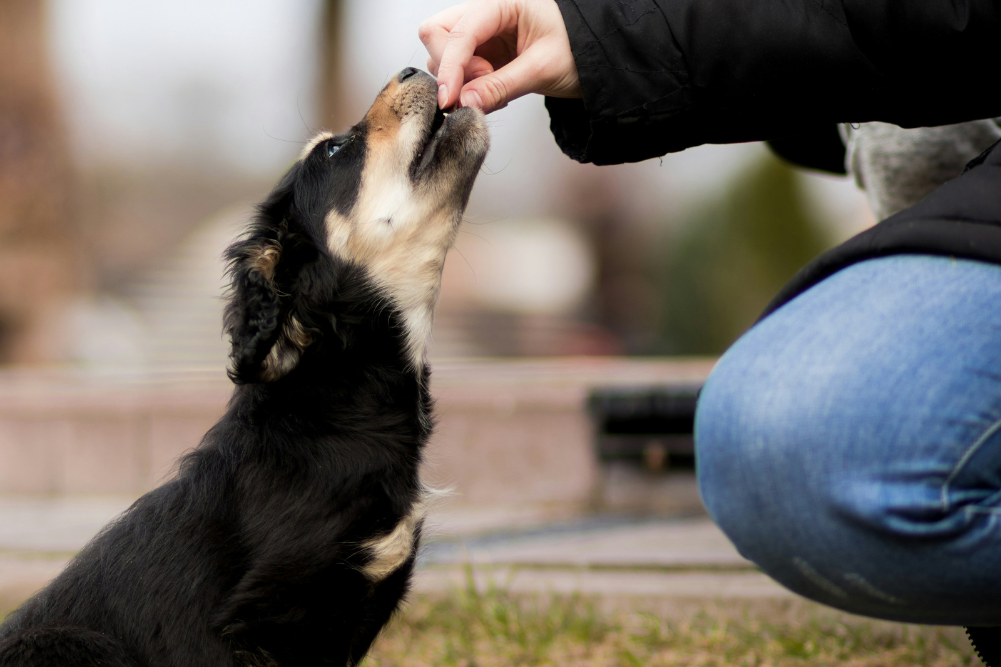Caring for senior pets
Compared to their human carers (that is us, the pet owners), most of our senior pets are lucky. They can expect to live out their twilight years at home, in a familiar environment, cared for by family. However, there are things we can do to help them through.
I am often asked how long a dog or cat will live. That I can’t answer, but for most dogs and cats, vets regard seven years old as the time to begin checks for common age-related problems. These may include joint problems, excess weight, dental disease, liver or kidney problems, hormone imbalance, urinary incontinence, heart disease, blood pressure, cataracts and cognitive issues.
Regular veterinary checks, at least every six months, are recommended. Don’t forget that six months in the life of your pet can be the equivalent of several human years. As part of a senior vet check, we may check blood pressure, do a retinal exam and take blood and urine for tests.
Although regular veterinary checkups help us keep track of your senior pet’s health, there are some times when a trip to the vet may be too stressful. Older pets are less able to cope with stress, whether it be the stress of an illness, emotional stress or acute anxiety brought on by trips in the car. We need to be especially careful of some animals with heart or breathing problems, or some older cats with kidney disease. There are times when the risk of a stressful car trip outweighs the benefit of a veterinary exam.
Older pets are less able to cope with stress, whether it be the stress of an illness, emotional stress or acute anxiety brought on by trips in the car.
Prevention is the best cure. Regular trips to the vet for “feel good” experiences like massage, acupuncture and chiropractic care (especially when combined with yummy treats) can desensitise dogs, and even most cats, to vet visits, and help make it all less stressful. Using flower essences will also help. If you know you have a vet visit scheduled in the next few days, add Rescue Remedy to your pet’s drinking water and give them a few drops on your fingers four times daily. On the morning of the visit, rub Rescue Remedy inside their ears. If you are using a crate or travel cage, have it out in the house highly visible a few days beforehand so your pet has time to get used to it. Spray a calming remedy inside and place a favourite toy or jumper in it as well.
In the car, play calming music and on hot days keep the car cool (if you don’t use air-conditioning, try to keep vet visits in the cool part for the day). Hot cars can be dangerous for pets, especially if they have breathing difficulties. Once at the vet, moving quickly into a consulting room allows your pet time to calm themselves and become familiar with the room. Cats will usually be more relaxed if they have a few minutes out of their cage, smelling and rubbing on furniture in the room. Continue with Rescue Remedy.
If your pet is stressed in the consult room, then using blanket wraps, calming caps or a bandana sprayed with calming pheromones may help. We find calming music and essential oils such as lavender, as well as subdued lighting where possible and a calming mist of Emergency Essence, help calm most anxious pets.
Regular, short, low-impact exercise will also help your pet's mobility and will keep weight down.
Where the risk of a car trip seems too much for your pet, it may be possible for your vet to do a telephone consult, as opposed to an in-clinic one. This is not always going to be possible, especially if your pet needs intensive veterinary treatment such as oxygen or fluids, but if it’s just a matter of adjusting medication, a phone consult may do.
As well as vet checks, there are things you can do at home to help your older pet. Maintaining hydration is important, especially in hot weather. Dogs and cats don’t always drink enough, especially cats. You can encourage liquid intake by adding some water to food, changing from a dry to a wet food, and offering flavoured drinks. Springwater from tuna is a favourite with cats — diluted with some water. You can also try homemade low-salt chicken broth; just-boiled water, poured over dried liver or kidney treats and allowed to cool; even, in some instances, pet milk diluted with water.
Constipation can be helped through the use of probiotics, water, as above, and maybe adding soluble fibre such as a small amount of cooked mashed pumpkin to food. Urinary incontinence may be improved through acupuncture or chiropractic treatment, or may need low doses of specific medications.
Mobility is improved with joint support, eg green-lipped sea mussel or powders containing glucosamine and chondroitin, as well as fish oil. Regular, short, low-impact exercise will also help mobility and will keep weight down. Older pets may be less able to cope with raw bones in their diet. Daily brushing may be possible and there are also supplements to help reduce plaque, or herbal mouthwashes you can add to water.
Regular checks with your vet, whether by phone or in the clinic, will help you find a plan to keep your pet healthy, comfortable and happy at home.








